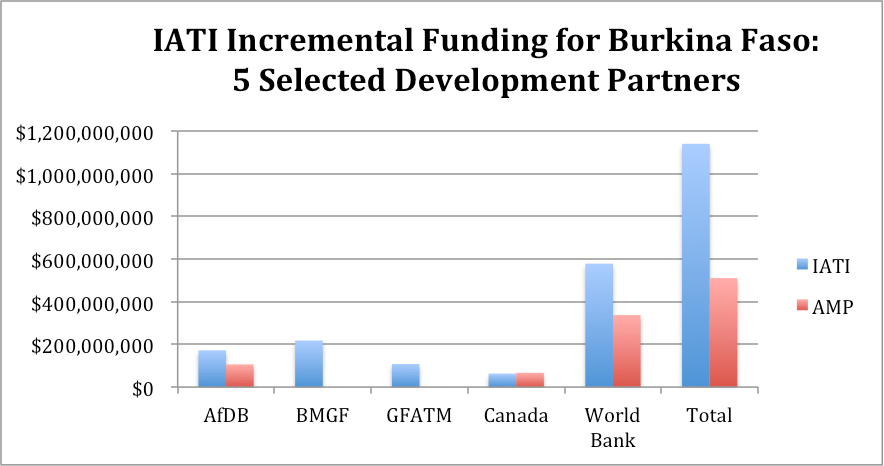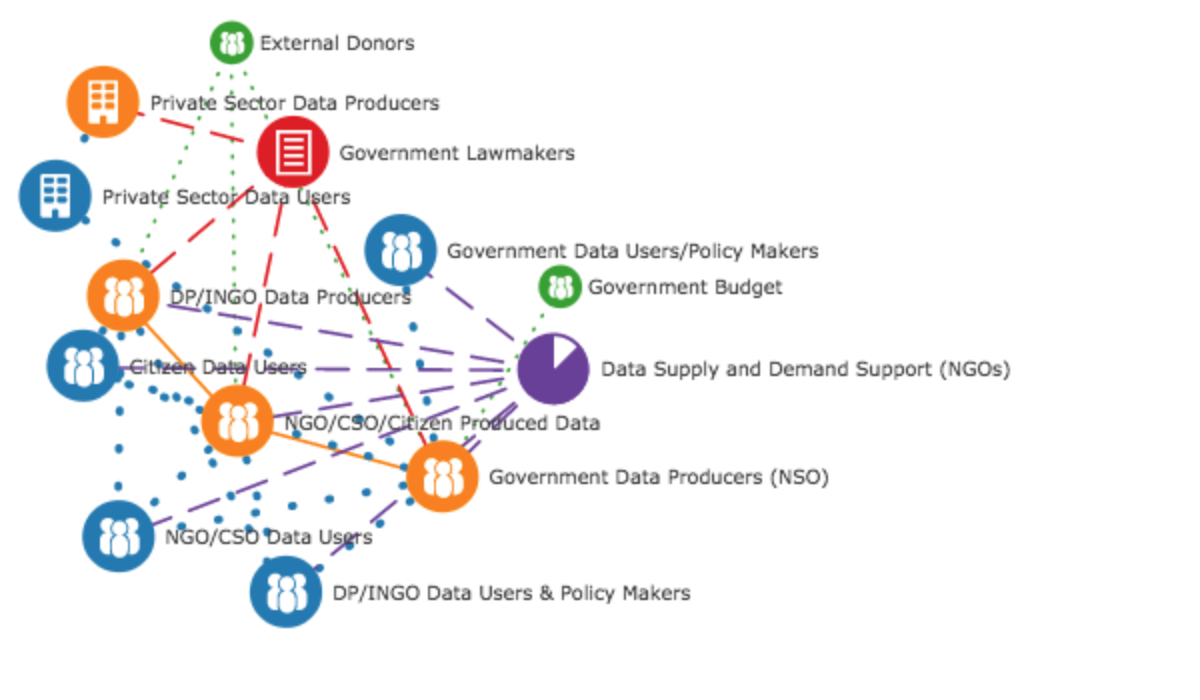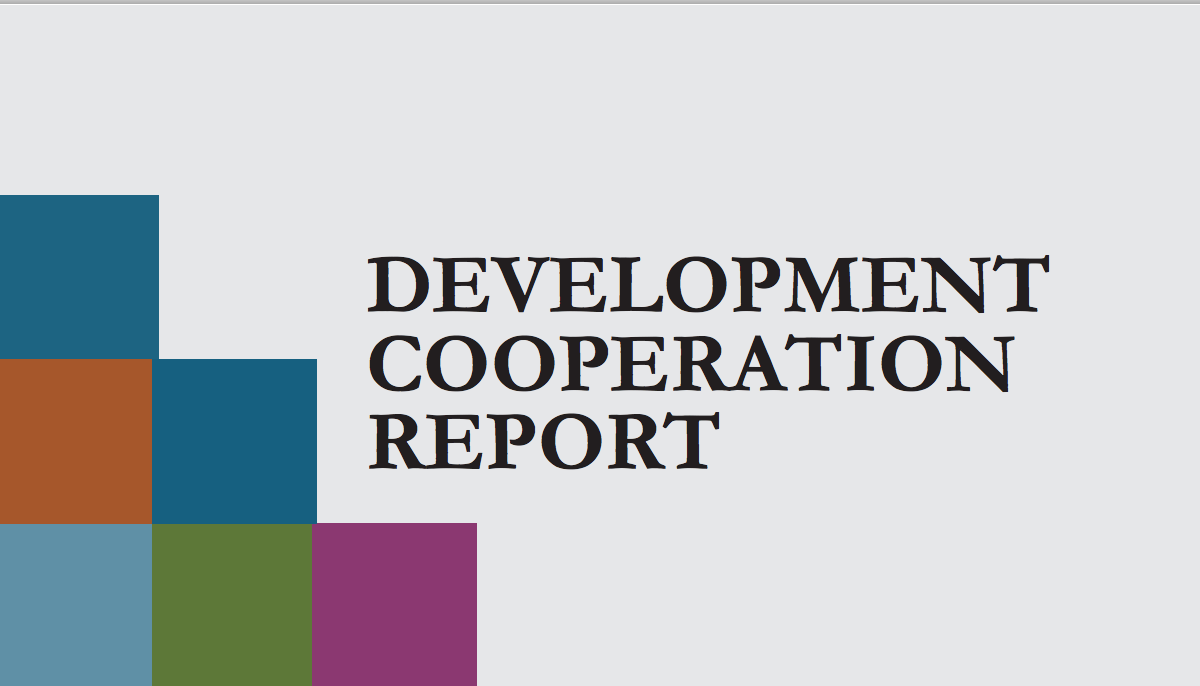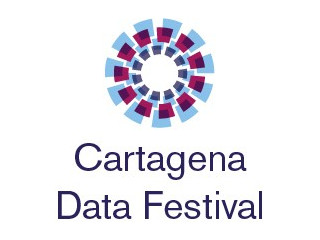
Stories, ideas, and updates from DGers around the world
The Development Gateway: An IREX Venture blog is where DGers share specific learnings, offer thought-provoking insights, and pose challenging questions for the sustainable development community derived from our work.
Our blog has a deep archive going back to 2005. Each post is a snapshot into our work, priorities, and values.

IATI and Country Systems: DG Working Paper
This blog post introduces a new DG working paper on the use of IATI data in country Aid Information Managements Systems (AIMS). The working paper aims to help inform discussions at the IATI TAG and Steering Committee Meetings, to be held in Ottawa from May 30-June 2...

Parasites and Looting, AKA Corruption
While in a previous post we applauded one oil company for taking a huge leap in transparency, it’s a small (albeit very important) drop in a large bucket of issues around natural resources in developing countries...

Post-Cartagena: Mapping out the Data Ecosystem
One of my favorite quotables from the Cartagena Data Festival came from Ricardo Fuentes-Nieva of Oxfam who said that maybe we need a data “reformation” instead of “revolution” – alluding to the Protestant Reformation, when the Bible was translated into the vernacular of the people...

Transparency Strikes Oil!
Transparency saw a win recently when the oil company Statoil disclosed project-level payments it makes to governments it works in. Organizations like Oxfam America and National Resource Governance Institute ...

We all stand with Nepal
After the devastating earthquake, Development Gateway sends condolences and well-wishes to our colleagues and friends in the Government of Nepal, the donor community, civil society organizations, and to the millions of people affected by this terrible disaster....

Financing the Future 2015: Some Hits and Misses on the Future of Development Finance’
A few weeks ago, an Overseas Development Institute-led consortium of partners hosted a wide range of organizations and Governments for an event entitled “Financing the Future.” In essence, the purpose of this event was to collect feedback and share thoughts on the the “zero draft” of the Financing for Development (FfD) outcome document which hit during the event...

Government of Nepal Uses AMP Data to Set New Aid Policies
Since 2010, the Government of Nepal has been maintaining an Aid Management Platform (AMP), an “effective tool for enhancing transparency and accountability in managing foreign aid in Nepal.” Through an annual Development Cooperation Report (DCR), Nepal’s Ministry of Finance draws on AMP data to offer government officials, donors and the public an overall view of aid trends in country, as well as a series of recommendations for better targeting future development assistance.

Meet You in Cartagena
Next week, Development Gateway will be attending the Cartagena Data Festival – an event bringing together development partners, technical implementers, and civil society organizations to help solve “critical gaps in coverage, access, and analysis of data.”

The Gambia joins Development Gateway’s Aid Management Family
Development Gateway is delighted to welcome The Gambia to the global Aid Management Program (AMP) family, joining over 25 countries worldwide dedicated to better tracking and managing aid flows. The Gambia is our 17th African partner government, and joins 20+ UNDP-supported AMP implementations. We are looking forward to a fruitful partnership in the years to come.

MOOCs, Maps, & Robots, Oh My!
The World Bank's Citizen Engagement MOOC (Massive Open Online Course) is underway, and with it we’ll hopefully see a few new ideas and projects to further citizen engagement from those participating in Track 2 (the Policy and Leadership track). If you’re eager to learn more about Citizen Engagement but aren’t ready to plan a project, then Track 1 is for you with its focus on understanding and evaluating current citizen engagement initiatives.